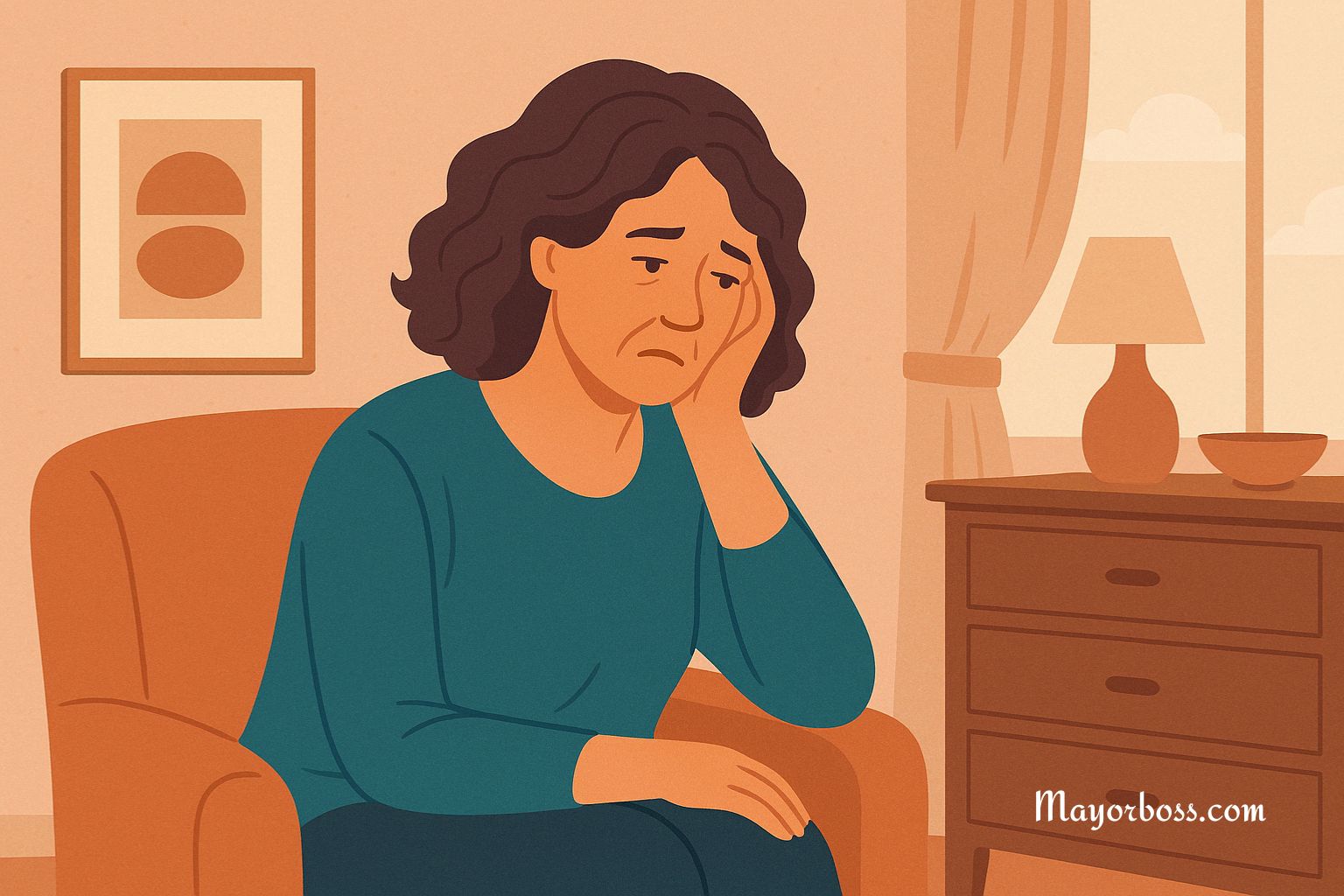8 Things You Do Without Realizing It’s Low Self-Esteem
Low self-esteem can creep into our lives in subtle ways, often without us even realizing it. Low self-esteem doesn’t just make us feel bad. It can hold us back from achieving our true potential and living a fulfilling life. In this article, I’ll be sharing eight surprising signs that might indicate you’re struggling with low self-esteem. Keep reading to see if any of these habits sound familiar to you.

You Over-Apologize for Everything
Ever caught yourself saying “sorry” more times than necessary? It’s a clear sign of low self-esteem. Basically, when you apologize excessively, it’s like you’re telling yourself you’re always at fault. I think you know the answer here: You’re not! You deserve to stand tall and own your space without constantly feeling the need to apologize.
You Downplay Your Achievements
Oh, this one hits home. Have you ever done something great but then brushed it off as no big deal? I firmly believed that I wasn’t worthy of praise, and maybe you do too. According to psychology, downplaying achievements is a defense mechanism to avoid feeling proud because, deep down, you don’t feel deserving.
You Compare Yourself to Others Constantly
In the age of social media, it’s easy to fall into the comparison trap. Turns out that comparing your life to others is a classic sign of low self-esteem. And for me, it’s a harsh reminder that I need to focus on my journey and not someone else’s highlight reel. In short, comparisons steal joy and feed insecurity.
You Avoid New Challenges
Do you shy away from trying new things? This might be because you fear failure or rejection. Sadly, low self-esteem makes you believe you can’t succeed, so you don’t even try. Believe me, stepping out of your comfort zone is the best way to build confidence and prove to yourself that you’re capable.
You Seek Validation from Others
Are you constantly looking for approval from others? Whether it’s through social media likes or verbal affirmations, needing validation can be a sign of low self-esteem. According to a study, those with healthy self-esteem don’t rely on others to feel good about themselves. So, hold on… it’s time to start valuing your own opinion first.
You Find It Hard to Accept Compliments
If someone gives you a compliment, do you dismiss it or feel uncomfortable? Similarly, this reaction indicates you don’t believe you’re worthy of praise. In fact, accepting compliments graciously can help improve your self-esteem over time. After all, you deserve to feel good about yourself.
You Stay in Unhealthy Relationships
Whether it’s a toxic friendship or a romantic relationship, staying in unhealthy dynamics often stems from low self-esteem. I’m sure you’ll agree that you deserve better. Sadly, believing that you don’t is what keeps you stuck. It’s crucial to recognize your worth and surround yourself with people who uplift you.
You Sabotage Your Own Success
Why? Because surprisingly, self-sabotage is a common sign of low self-esteem. Whether it’s procrastinating or quitting before you even start, these actions stem from a fear of failure and a belief that you’re not good enough. And that’s a tough pill to swallow, but acknowledging it is the first step toward change.
So, there you have it—eight things you might be doing without realizing it’s low self-esteem. The good news? You can work on these habits and start building your confidence one step at a time. Believe me, you’ve got this!
FAQs
What are some quick ways to boost self-esteem?
Start by practicing self-compassion. Speak kindly to yourself, set small goals, and celebrate your achievements. Surround yourself with supportive people and immerse yourself in activities that make you feel good.
How can I stop comparing myself to others?
Focus on your own journey and accomplishments. Limit your time on social media and remind yourself that everyone has their own struggles. Gratitude journaling can also help shift your focus to what you have rather than what you lack.
Is it okay to seek professional help for low self-esteem?
Absolutely! Sometimes, talking to a therapist can provide you with strategies and support to improve your self-esteem. There’s no shame in seeking help to become the best version of yourself.






